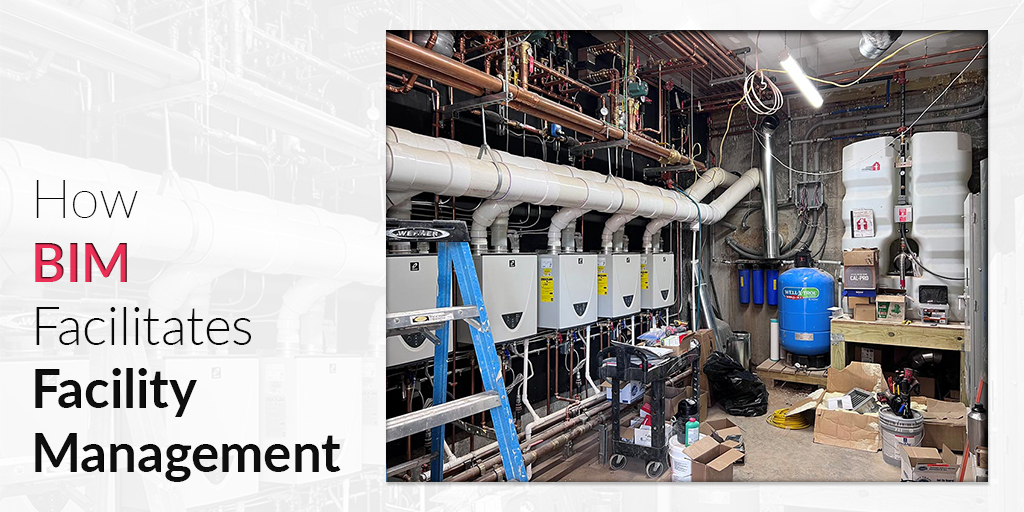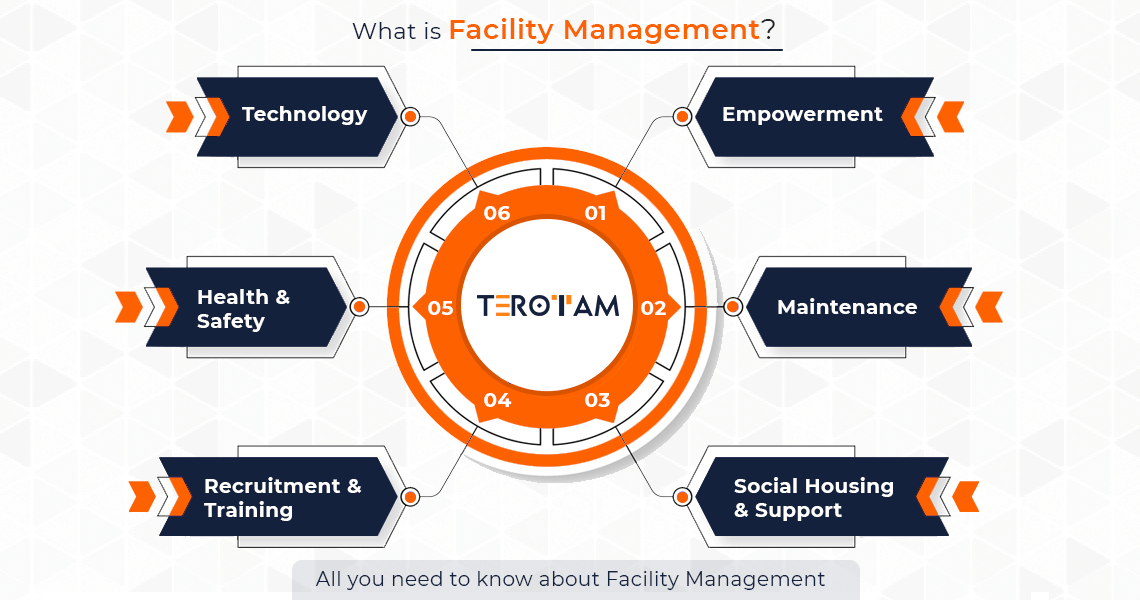Best Practices in Facility Management for Modern Companies
Best Practices in Facility Management for Modern Companies
Blog Article
Key Patterns Forming the Future of Center Management in 2024
As we look ahead to 2024, the landscape of facility monitoring is positioned for significant change, driven by several essential fads. The assimilation of wise building modern technologies and a change towards data-driven decision-making guarantee to boost functional efficiency while prioritizing sustainability in practice.
Smart Structure Technologies

Smart structure modern technologies include a large selection of systems, including smart lighting, cooling and heating controls, and security systems. By integrating these systems, facility managers can check and adjust specifications in real-time, resulting in considerable reductions in energy waste and operational expenses. Smart sensing units can detect occupancy levels and adjust lights and temperature level as necessary, making sure that energy is only used when necessary.
Furthermore, these technologies facilitate enhanced data collection, permitting companies to track usage patterns and identify opportunities for further improvements. The application of wise building technologies not only contributes to sustainability goals yet likewise creates healthier workplace that can improve worker productivity and satisfaction.
As we relocate right into 2024, the adoption of clever structure technologies will likely increase, showing a wider shift in the direction of even more intelligent, receptive, and sustainable facility management techniques.
Data-Driven Decision Making
Increasingly, companies are leveraging data-driven decision making to enhance center administration practices. By using data analytics, center managers can obtain workable understandings that considerably boost operational effectiveness and source allowance. The assimilation of sophisticated technologies, such as IoT sensing units and real-time tracking systems, makes it possible for the collection of large quantities of data on structure performance, tenancy prices, and energy usage.
This wide range of details enables center supervisors to determine patterns, forecast maintenance demands, and proactively address problems prior to they rise. For example, anticipating analytics can anticipate equipment failures, decreasing downtime and fixing expenses. Furthermore, data visualization devices assist in much better communication amongst stakeholders, making certain that educated decisions are made collaboratively.
Furthermore, data-driven approaches enhance critical preparation by enabling center supervisors to examine the performance of existing practices and make informed choices concerning investments in technology or facilities. As companies significantly focus on operational excellence, data-driven decision making is poised to become a cornerstone of successful center administration methods in 2024 and past. Eventually, the capability to take advantage of information properly will encourage companies to produce a lot more effective, effective, and resistant centers.
Sustainability and Eco-friendly Practices
The emphasis on data-driven decision making normally straightens with the expanding concentrate on sustainability and eco-friendly methods within facility monitoring. As organizations increasingly focus on environmental duty, center managers are leveraging analytics to enhance resource usage, lower waste, and lessen carbon footprints. This tactical method allows the integration of energy-efficient systems, such as LED lights, wise a/c controls, and renewable energy sources right into facility procedures.
Additionally, the application of sustainable techniques prolongs beyond power consumption. Center managers are adopting environmentally friendly products and promoting reusing initiatives to produce a circular economic climate within their facilities. This not just improves the ecological profile of the organization however additionally promotes a culture of sustainability amongst employees.
Compliance with ecological policies read the article is another crucial facet driving the adoption of eco-friendly techniques. By using information analytics, center managers can check compliance metrics and determine locations for enhancement, making certain adherence to international and regional sustainability criteria.
Crossbreed Job Versions
A substantial shift towards crossbreed job models is improving the landscape of center management in 2024. This paradigm integrates in-office and remote work, demanding a reevaluation of space usage, source appropriation, and employee engagement approaches. Organizations are progressively acknowledging the value of adaptable workspaces that satisfy diverse needs and choices.
Center managers must adapt by applying functional office layouts that support joint initiatives while providing locations for concentrated work. This consists of the integration of technology to facilitate seamless communication and collaboration among remote and in-office staff members. Smart building options, equipped with analytics and sensing units, permit real-time tracking of room usage, allowing companies to maximize their settings effectively.
In addition, crossbreed job versions stress the demand for reliable center administration that prioritizes worker experience. In essence, the hybrid work model is transforming facility administration, motivating a positive method to meet the developing needs of the labor force.
Boosted Passenger Wellness
As companies accept hybrid work models, an enhanced concentrate on resident health is coming to be essential to center management strategies. Facility Management. This shift identifies that a healthy and balanced and completely satisfied labor force directly impacts productivity and retention prices. Center supervisors are currently prioritizing settings that promote mental and physical wellness, integrating components such as natural lighting, biophilic layout, and obtainable wellness resources

Modern technology plays an essential function in this development. Smart building systems can keep an eye on ecological elements and adjust setups in real-time, ensuring optimal comfort degrees - Facility Management. Comments systems, such as tenancy sensors and employee studies, permit center managers to consistently improve wellness campaigns based on passenger requirements.

Conclusion
In 2024, the future of facility monitoring will be dramatically influenced by the combination of clever building innovations and data-driven decision-making, cultivating improved operational efficiency. Sustainability efforts will certainly focus on environment-friendly practices, while the introduction of crossbreed work designs will certainly necessitate versatile workplace layouts. An increased focus on passenger health via advanced Heating and cooling systems and biophilic style will certainly add to much healthier job atmospheres. These patterns jointly emphasize the evolving landscape of facility management in reaction to modern obstacles and possibilities.
Facility managers this are adopting environment-friendly products and promoting recycling campaigns to develop a round economy within their facilities.A substantial change in the direction of crossbreed job models is reshaping the landscape of center monitoring in 2024.Additionally, hybrid work versions highlight the requirement for reliable facility management that focuses on worker experience.As organizations welcome hybrid job designs, a heightened focus on passenger wellness is becoming indispensable to center management strategies.In 2024, the future of center management will certainly be dramatically influenced by the combination of smart structure technologies and data-driven decision-making, cultivating enhanced functional effectiveness.
Report this page